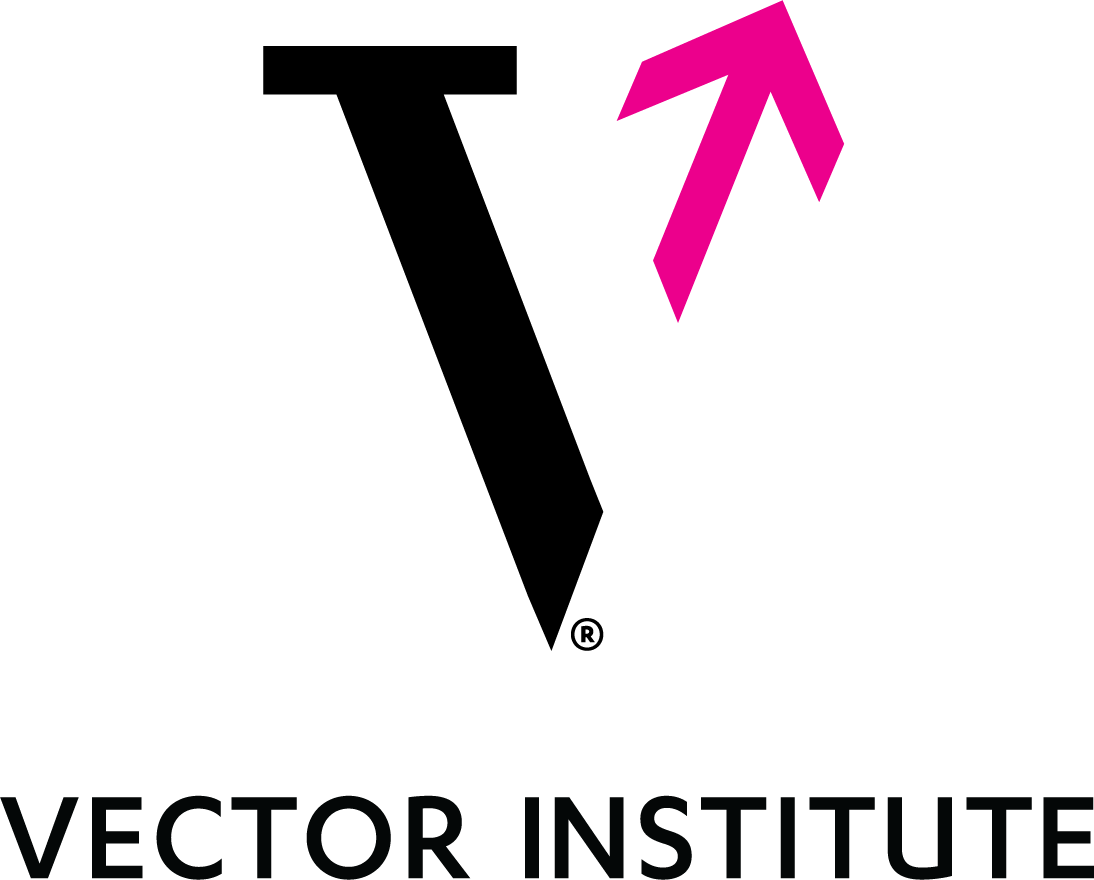Master of Engineering (MEng) with AI Concentration

Concentrating on the forefront of intelligent technology, our Master of Engineering (MEng) program specializing in Artificial Intelligence (AI) will provide you with the technical training and ethical awareness to make a meaningful impact in the AI field. In this full-time program, you will explore the inner workings of AI-driven systems, analyze state-of-the-art AI techniques and learn how to apply them in a range of disciplines. Recognized by the Vector Institute (external link, opens in new window) , the program consists of four core courses – Intelligent Systems, Neural Networks, Deep Learning and Advanced Data Engineering – and interdisciplinary electives related to energy, sustainability, computer networks, digital media and urban development.
The program’s current capacity is 50 full-time students per year. Admission is based on excellence and the following requirements:
- Completion of a four-year bachelor’s degree in a related field.
- Minimum GPA or equivalent of 3.00/4.33 (B) in the last two years of study.
- A statement of interest in AI specialization demonstrating a capacity to succeed in the program.

The Vector Scholarship in Artificial Intelligence supports the recruitment of top students to AI-related master's programs in Ontario. To find out how and when to apply please visit "The Vector Scholarship in Artificial Intelligence (external link) " website.
Upon completion of the program, you will be able to contribute solutions to many of industry and society’s greatest challenges. Specifically, you will gain a deep understanding of:
- Foundational aspects of machine learning, from data mining to statistical pattern recognition, including the core techniques in supervised and unsupervised classification.
- Theoretical foundations and practical applications of artificial neural networks, including various forms of representation, training and evaluation.
- State-of-the-art techniques in the area of deep learning, including deep convolutional neural networks, recurrent neural networks and deep belief networks.
- Actual applications of machine learning and statistical pattern recognition, including use cases in audio and video processing and natural language processing.
- How big data needs to be modelled, stored and retrieved within the context of distributed computing using MapReduce, Hadoop, Spark, NoSQL technology and distributed stream-processing techniques.
- How to develop scalable and distributed data management platforms that are essential for large-scale data analytics and machine learning projects.
- Inherent biases of machine learning algorithms, algorithmic fairness, as well as accountability and transparency in AI systems.
The field of AI offers highly compensated, impactful employment opportunities across a variety of sectors. Graduates of our program can expect to be qualified for many in-demand positions, including:
- Machine learning engineer
- Data scientist
- Research scientist
- R&D engineer
- Business intelligence developer
- Computer vision engineer
- Big Data engineer/architect
Combining technical theory, experiential learning and applied research, the program’s practicum gives you the opportunity to conceptualize, develop and test a prototype solution for a real-world problem. The project will be completed in teams of two to three students who work directly with their professor and industry partners. You will also benefit from department-led training in teamwork, collaboration and conflict resolution – skills that will be essential to your success in the workforce.
If you have questions about the program, email gradinfo@ecb.torontomu.ca. For more information about other graduate studies within the Faculty of Engineering and Architectural Science, visit our Graduate studies page.